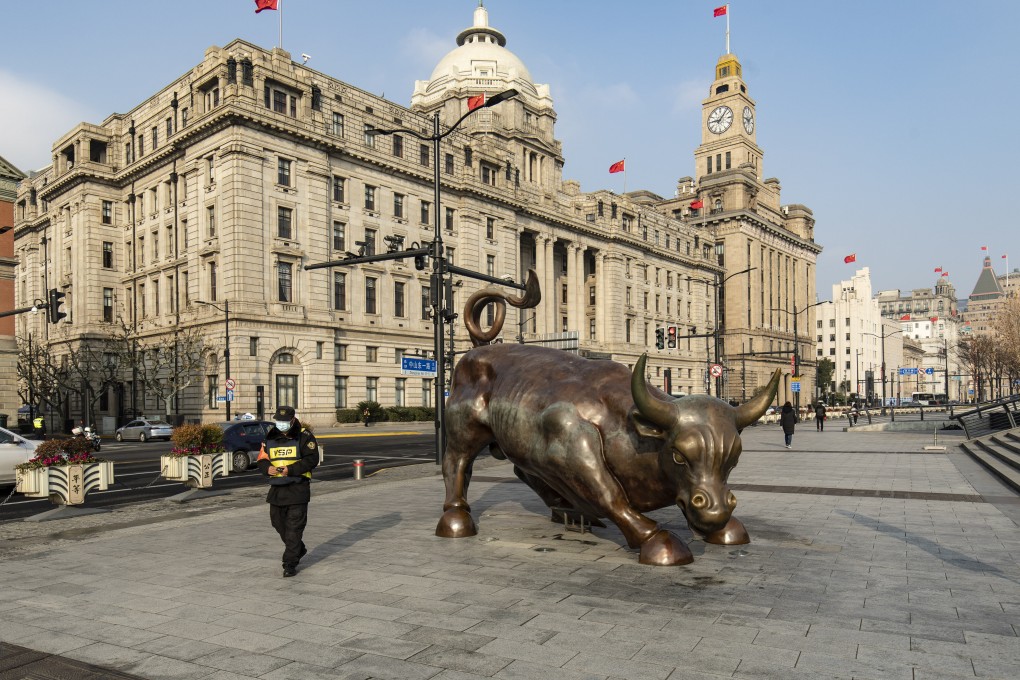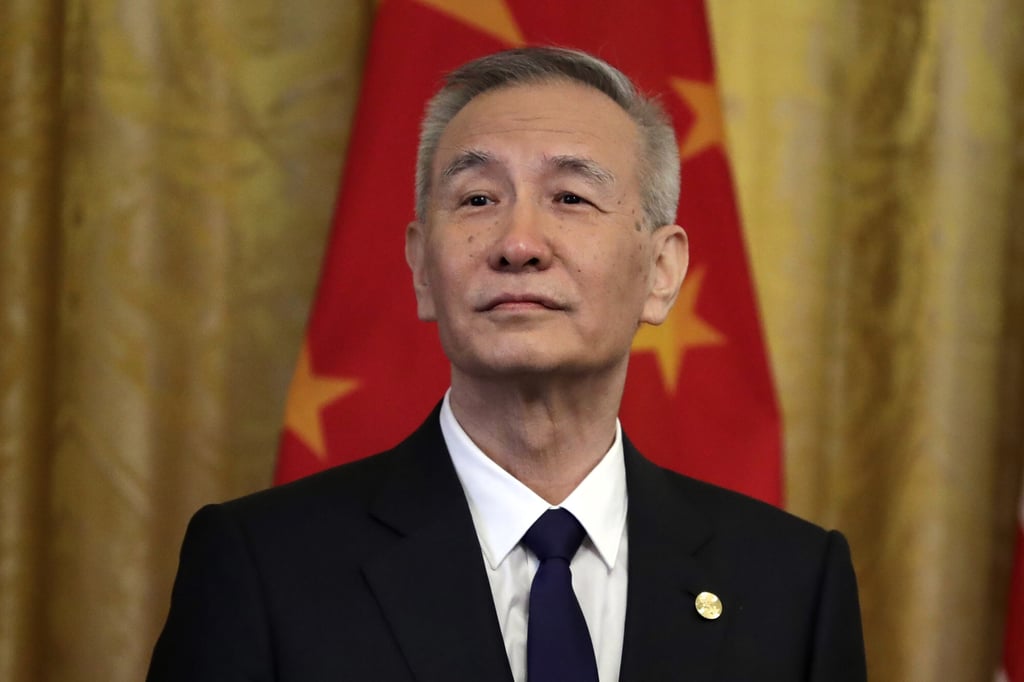Chinese tech stocks soar by record in Hong Kong as Beijing pledges support for troubled markets
- Hang Seng Index logged best day since October 2008 while the Tech Index rallied by a record since inception in July 2020
- A State Council committee pledged to ensure market stability, Xinhua reported, after a rout in offshore Chinese stocks infected onshore markets

The Tech Index surged 22 per cent, the most since its July 2020 inception. The China’s Shanghai Composite Index added 3.5 per cent, after losing 8 per cent over two days in the worst sell-off since August 2015.
China pledged to ensure market stability, the state-run Xinhua news agency reported on Wednesday, citing a State Council committee meeting chaired by vice-premier Liu He. It also added that talks with US agencies are progressing on accounting issues involving Chinese companies listed in New York.

“These announcements don’t mean much individually, but collectively, they suggest policymakers won’t sit idle, and that asset prices will be supported,” said Stephen Innes, managing partner at SPI Asset Management in Bangkok. “Supporting risk sentiment is something that the state apparatus controls, and that’s precisely what they are doing.”